Brussels has pledged to support Europe’s embattled car industry, considering pan-EU subsidies to drive demand for electric vehicles (EVs).
In October 2024, the EU imposed additional tariffs on Chinese-produced EVs, building on the existing 10% rate. Using a sliding scale, China’s SAIC faces the highest tariff at 35.3%.
Teresa Ribera, European Commission executive vice-president, told the Financial Times at the World Economic Forum in Davos that officials were still “shaping” a potential incentive programme.
“It makes sense to see how we could figure out in a pan-European perspective, how to facilitate the measures instead of going through national subsidies,” Ribera said, cautioning against “a race where we could be confronting one national model versus another one.”
German Chancellor Olaf Scholz revealed Tuesday that the European Commission is evaluating an EU-wide subsidy programme.
Brussels must ensure any subsidy scheme complies with WTO regulations and Ribera acknowledged the “complicated balance” between electrification goals and the current capacity of European carmakers to meet quality and quantity demands.
“Europe’s carmakers needed a comprehensive view on how to update their capacities and to catch up in what is already being demanded worldwide,” Ribera said.
She dismissed calls to delay the 2035 deadline for ending internal combustion engine sales, stressing the importance of “predictability and clarity” for the industry.
“It doesn’t make sense to open again the discussion when that provides some certainty and would punish the first movers that took it seriously without any potential advantages to those that still need to move,” she added.
However, Ribera said she was open to flexibility on annual EV sales targets and fines for carmakers falling short and talked of alternative commitments such as increased investment.
Car makers have voiced concerns about penalties undermining their EV transition. Paying fines or buying credits from Chinese EV makers, they argue, only strengthens competitors.
“The economic cost of compliance is immense, eating away at revenues that could be reinvested into the transition,” said Sigrid de Vries who heads European manufacturing group ACEA. She explained that manufacturers face tough decisions, such as cutting production or selling EVs at a loss, due to insufficient infrastructure and reduced incentives.
Ribera said it was important that legislation must align with the goal of phasing out petrol and diesel engines. She also supported extending technology transfer requirements for foreign manufacturers seeking EU grants or establishing local production.
Meanwhile, the re-election of US President Donald Trump poses additional challenges for Chinese EV manufacturers. His proposed steep tariffs on Chinese EVs and parts, combined with the Biden administration’s earlier tariffs, threaten to further disrupt global EV supply chains.
The US premier told global executives at the World Economic Forum that they could either produce their goods in the US or face widespread tariffs worth up to trillions of dollars.
The UK government is set to make the case to Donald Trump's new administration that there is no need for huge tariffs on UK exports to the US. Business secretary Joanathan Reynolds said he would argue that the US has no goods trade deficit with the UK.

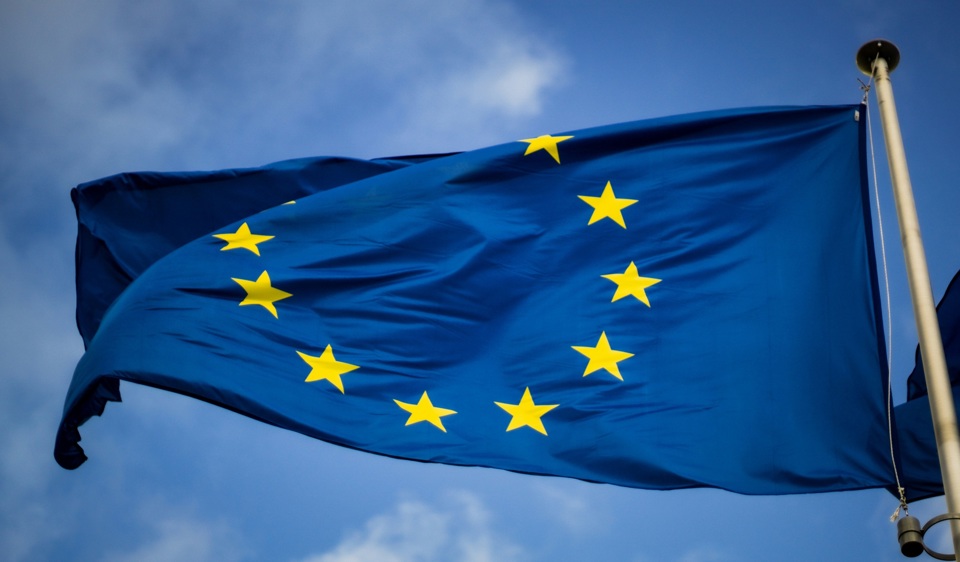


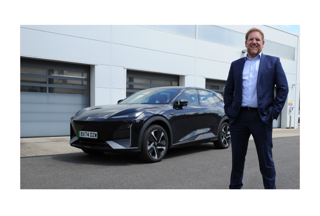
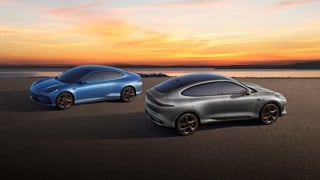
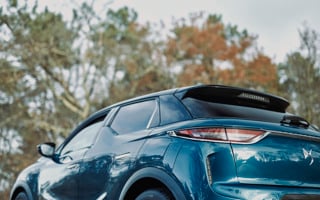
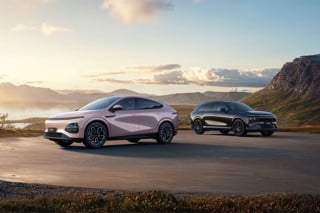
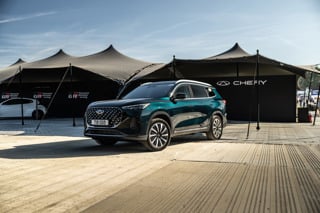











Login to comment
Comments
No comments have been made yet.